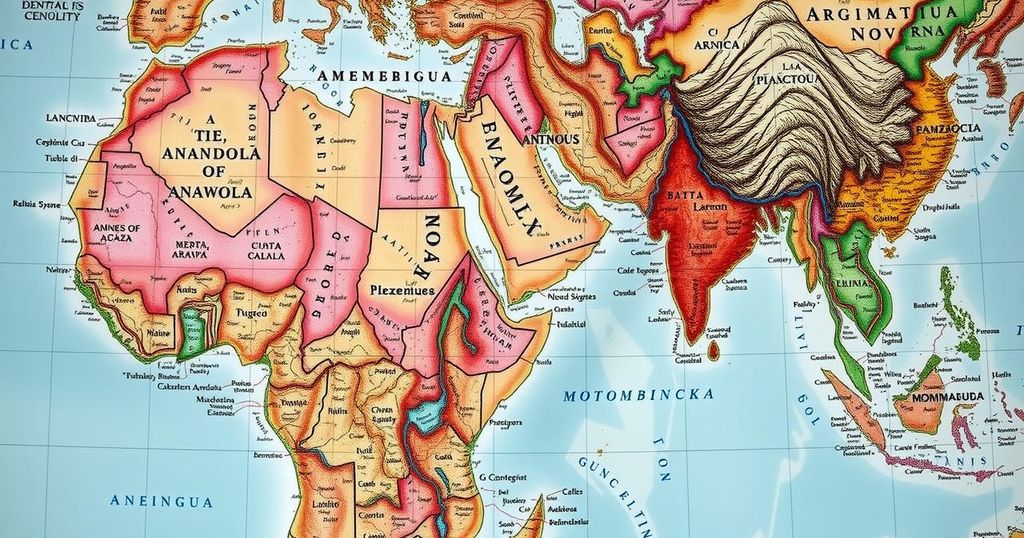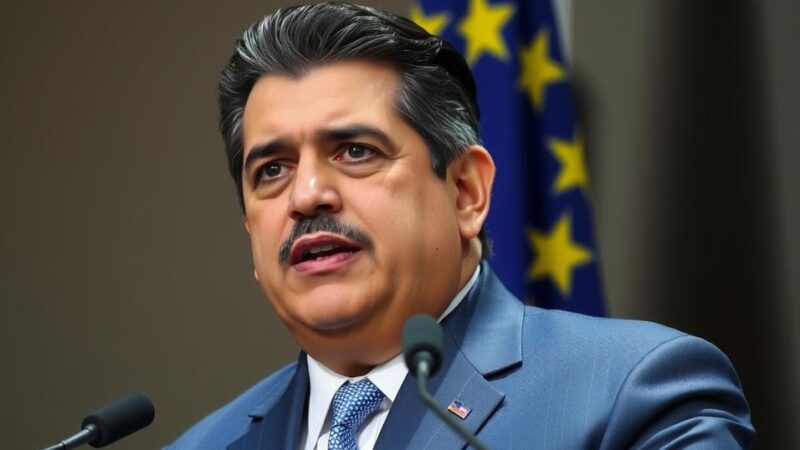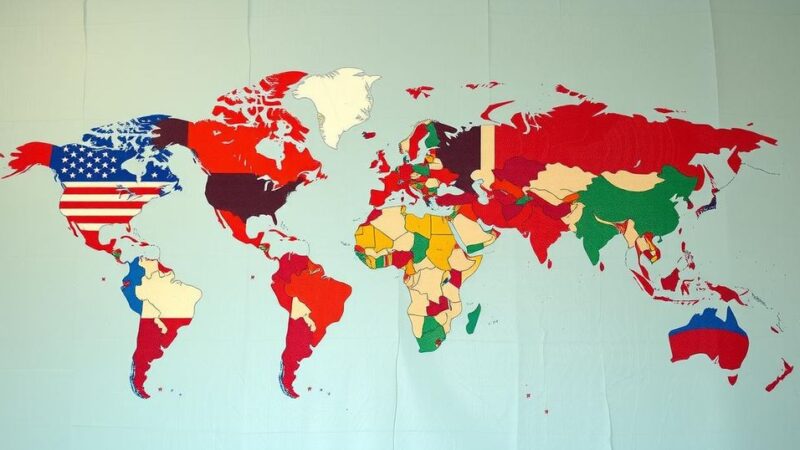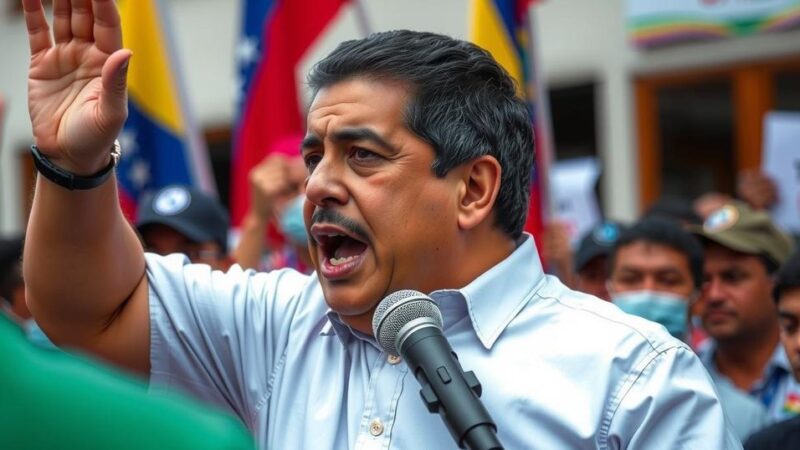The article argues that the West’s embrace of authoritarian leaders in Angola and Mozambique, driven by strategic interests rather than democratic values, undermines governance and alienates local populations. The U.S. administration’s support for these regimes poses risks of further instability, highlighting a deviation from traditional democratic principles that could jeopardize long-term relations with African nations.
In Angola and Mozambique, the Western strategy of prioritizing strategic alliances over democracy is critically undermining legitimate governance. U.S. President Joe Biden’s recent recognition of Angola’s President João Lourenço as a pivotal African leader, despite indications of election rigging, exemplifies this troubling trend. Rather than champion robust democratic principles, the West is leaning towards siding with regimes that promise mineral extraction and strategic benefits, inadvertently endorsing undemocratic practices.
The situation in Angola and Mozambique reflects a broader issue of Western engagement in Africa, which seems to be dictated more by geopolitical interests rather than a commitment to democracy and human rights. Both countries, struggling with compromised electoral processes, are grappling with governance challenges compounded by internal dissent and public unrest. The recent electoral outcomes have drawn scrutiny from international observers, highlighting concerns over the legitimacy of the political regimes in power.
The West’s current approach to Angola and Mozambique reveals a concerning shift towards prioritizing short-term stability over long-term democratic governance. By overlooking election irregularities and supporting regimes based on strategic interests, the West risks deepening dissatisfaction among the citizenry and reinforcing perceptions of hypocrisy. A recommitment to promoting free and fair elections could provide a more sustainable pathway toward stability and authentic governance in these nations.
Original Source: www.thebrenthurstfoundation.org







